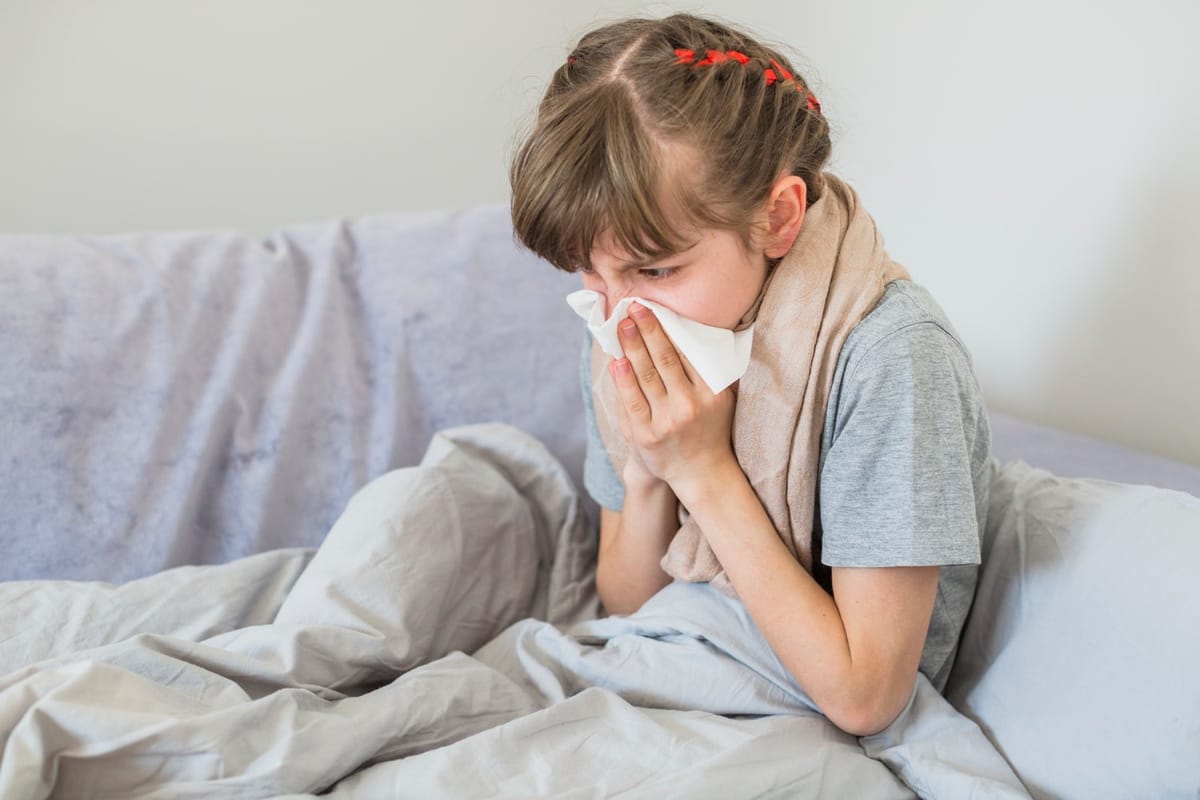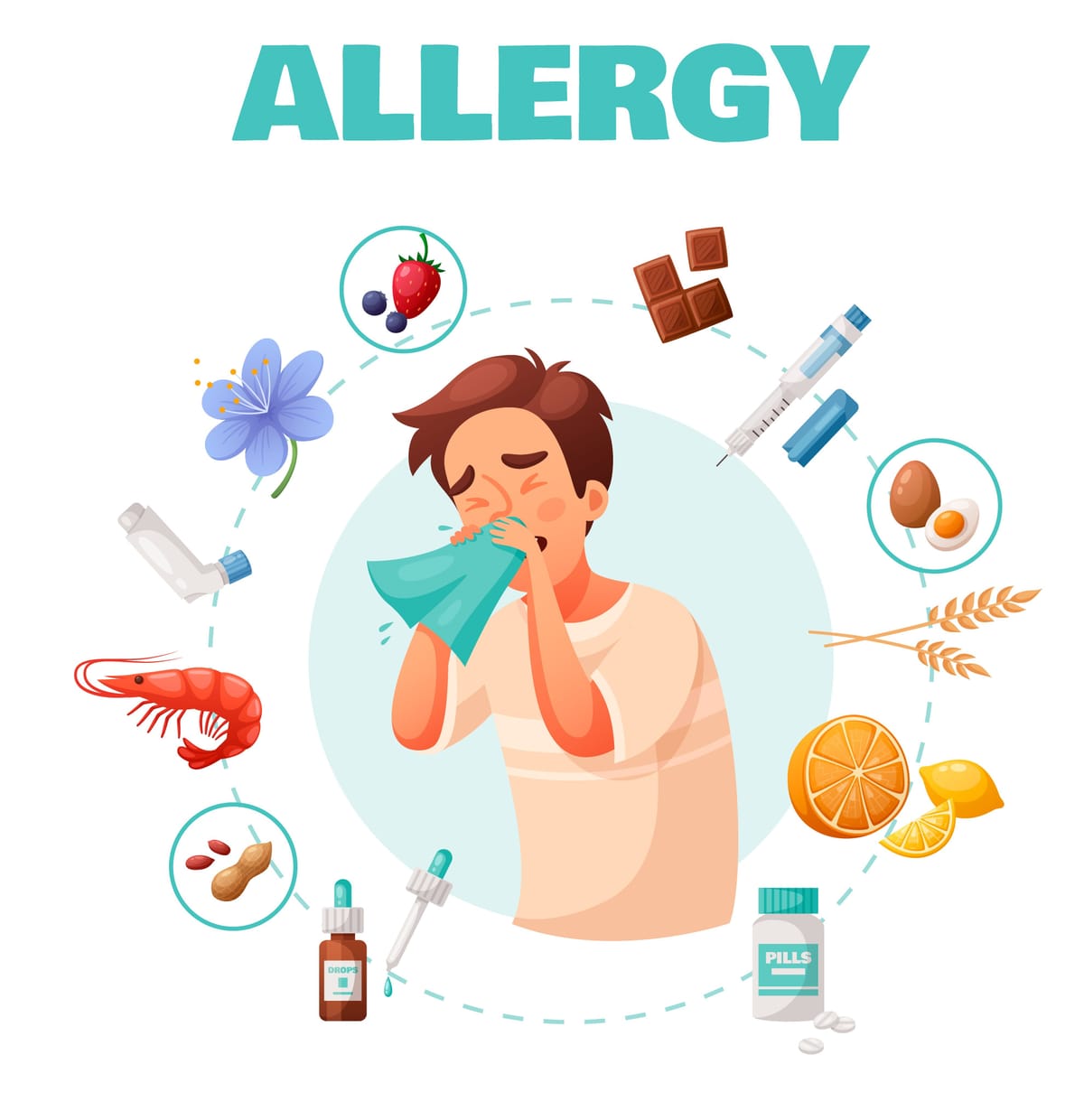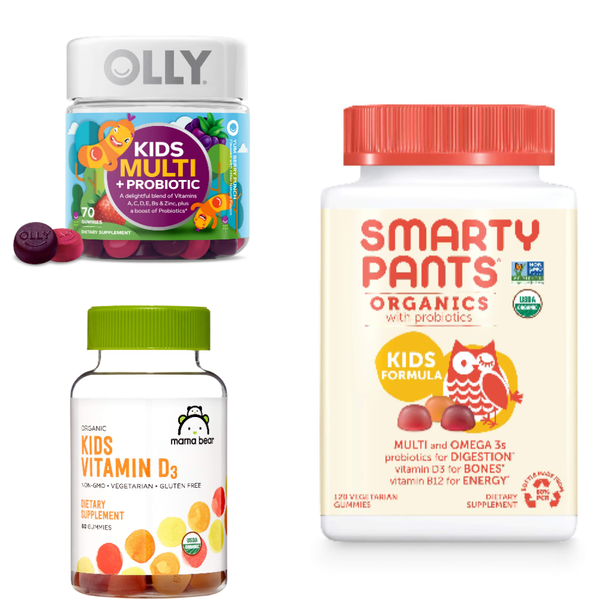When the flowers bloom and the pollen count rises, many of us reach for our trusted allergy medications. But amidst the sneezing, itchy eyes, and runny nose, a question often lingers: how long does allergy medicine take to work? Understanding the timeline can help manage expectations and provide much-needed relief during allergy season.
Understanding Allergy Medications
Allergy medications come in various forms, each designed to combat the symptoms triggered by your immune system's response to allergens. Oral antihistamines, nasal sprays, and allergy shots are among the most common treatment options. The active ingredients in these medicines determine how they work and how quickly you can expect relief.
The Onset of Allergy Relief
Most patients seeking allergy relief want to know how soon they can expect their symptoms to subside after taking allergy medicine. Oral antihistamines, such as cetirizine (Zyrtec) and loratadine (Claritin), are popular for their ability to provide quick relief, often within an hour. However, some allergy meds, like nasal steroid sprays, may take a few days to reach their full effect.
Oral Antihistamines: Fast-Acting Relief
Oral antihistamines are a go-to for many people with seasonal allergies. Nonsedating antihistamines like Claritin and Zyrtec can relieve allergy symptoms such as sneezing, itching, and watery eyes without causing drowsiness. These newer antihistamines typically begin to work within one to two hours, offering a convenient solution for most patients.
Nasal Sprays: A Different Approach
Nasal sprays, particularly those containing steroids, work by reducing inflammation in the nasal passages. While they can be highly effective, they often require consistent use over several days to achieve the best results. It's important not to confuse nasal steroid sprays with immediate relief decongestant sprays, which can provide quick relief but are not recommended for long-term use.
Allergy Shots: A Long-Term Strategy
Allergy shots, or immunotherapy, are a treatment option for those with severe allergies. Unlike oral medications and nasal sprays, allergy shots work by gradually desensitizing the immune system to specific allergens. This process can take several months to years, but it offers the potential for long-lasting allergy relief.
Combating Seasonal Allergies: The Role of Nasal Steroid Sprays
Nasal steroid sprays have become a game-changer for many battling seasonal allergies, particularly those triggered by pollen. Unlike antihistamines that primarily target the symptoms, nasal steroid sprays work by reducing inflammation in the nasal passages, thereby addressing the root cause of the discomfort. For most people, these sprays can significantly alleviate the sneezing, itching, and congestion associated with hay fever. The active ingredient in these sprays is a corticosteroid, which effectively reduces the swelling and irritation caused by an allergic reaction.
However, it's important to note that while nasal steroid sprays are highly effective, they may not provide immediate relief. They are designed for long-acting treatment and can take several days to reach their full potential. This means that for optimal results, individuals should start using the spray before pollen season begins or at the onset of symptoms. Consistent use as directed by a healthcare provider can lead to a significant reduction in allergy symptoms over time, making these sprays a staple in the arsenal against pollen allergies.
The Impact of Environmental Factors on Allergy Medication Efficacy
When considering the effectiveness of allergy medications, it's crucial to understand the role environmental factors play. Pollen counts, air quality, and even weather changes can significantly influence how well your antihistamine or nasal steroid spray works. For instance, during days with high pollen counts, you may find that your medication takes a bit longer to alleviate symptoms or that you might need a higher dose for relief. It's not just about the medication itself, but also how your body interacts with the environment while on these drugs.
Moreover, indoor allergens like dust mites, pet dander, and mold can also affect how quickly and effectively your allergy medicine works. Keeping your living space clean and using air purifiers can help reduce the presence of these allergens, potentially enhancing the efficacy of your allergy treatments. Whether you're using a long-acting nasal spray or a daily oral antihistamine, being mindful of your environment can make a significant difference in managing your allergy symptoms.
Allergy Medication Interactions: What to Watch Out For
Interactions between allergy medications and other drugs can alter the way your allergy relief unfolds. For example, combining a nasal steroid spray with certain types of medications can either diminish its effectiveness or increase the risk of side effects. It's important to consult with a healthcare professional before starting any new medication, especially if you're already taking other prescriptions. They can advise you on the best course of action to ensure your allergy medicine provides the relief you need without adverse interactions.
In the realm of over-the-counter options, even seemingly harmless substances like grapefruit juice can affect the metabolism of certain antihistamines, potentially leading to increased side effects or reduced efficacy. Always read the labels on your allergy medications and be aware of any potential food or drug interactions. By staying informed and cautious, you can help ensure that your allergy treatments work harmoniously with any other substances you may be consuming, leading to better management of your symptoms.
Allergy Medications and Special Populations: Pregnancy and Breastfeeding Concerns
When it comes to treating allergies during pregnancy or while breastfeeding, caution is paramount. The safety of the baby is the top priority, and that includes being mindful of any medication that enters the mother's body. Antihistamines and nasal sprays are commonly used to treat allergic reactions, but it's crucial to consult a healthcare professional before using any drug. Some allergy medications may contain active ingredients that are not recommended for pregnant or breastfeeding women due to potential risks to the child.
For breastfeeding mothers, the concern is whether the active ingredients of allergy medications can be transferred to the baby through breast milk. While many allergy treatments are considered safe during breastfeeding, it's always best to err on the side of caution. A healthcare provider can recommend the most appropriate and safe medication, taking into account the severity of the mother's allergies and the well-being of the baby. In some cases, non-pharmacological approaches such as using air purifiers or avoiding known allergens may be advised to minimize the need for medication.
Timing Is Everything
Taking allergy medicine at the right time can make a significant difference. For seasonal allergies, starting treatment before you're exposed to allergens can help prevent symptoms from flaring up. For those with perennial allergies, a consistent daily dose is often the best approach to manage symptoms year-round.
Over-the-Counter vs. Prescription
Many effective allergy meds are available over the counter, providing convenient access to relief. However, some cases may require prescription-strength medications. Consulting with a doctor can help determine the best treatment option for your specific needs and ensure you're using the right dose.
Side Effects to Consider
While allergy medications can offer relief, they may also come with side effects. Some antihistamines, like diphenhydramine (Benadryl), can cause drowsiness, making them less suitable for daytime use. It's essential to be aware of how different allergy meds may affect you, especially if you're driving, operating machinery, or breastfeeding.
When to Seek Medical Help
If your allergy symptoms persist despite taking allergy medicine, or if you experience severe reactions, it's crucial to seek medical help. A doctor can assess your condition and may recommend alternative treatments or adjust your current regimen to better manage your symptoms.
Allergy Medicine and Asthma
For those with asthma, allergies can exacerbate symptoms like coughing and wheezing. It's important to address both conditions, as untreated allergies can lead to more severe asthma attacks. Allergy medications can play a role in controlling asthma symptoms when allergens are the trigger.
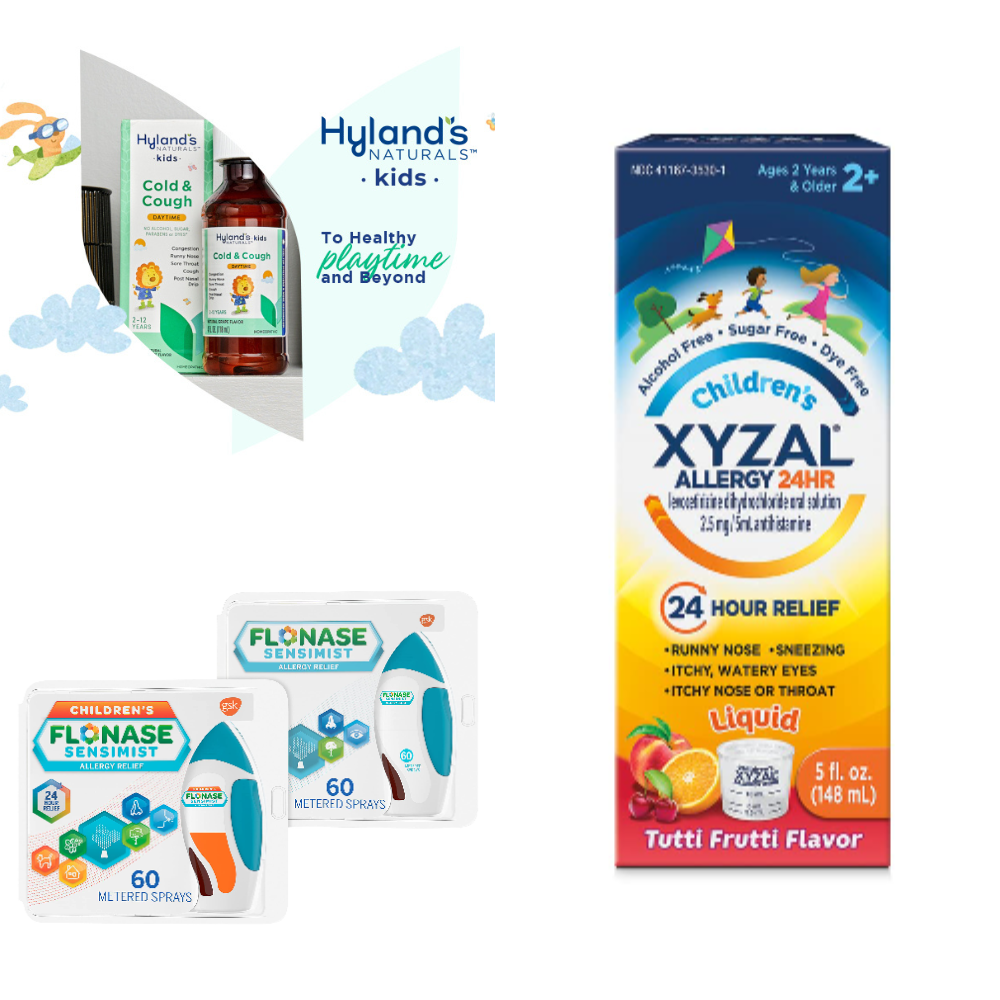
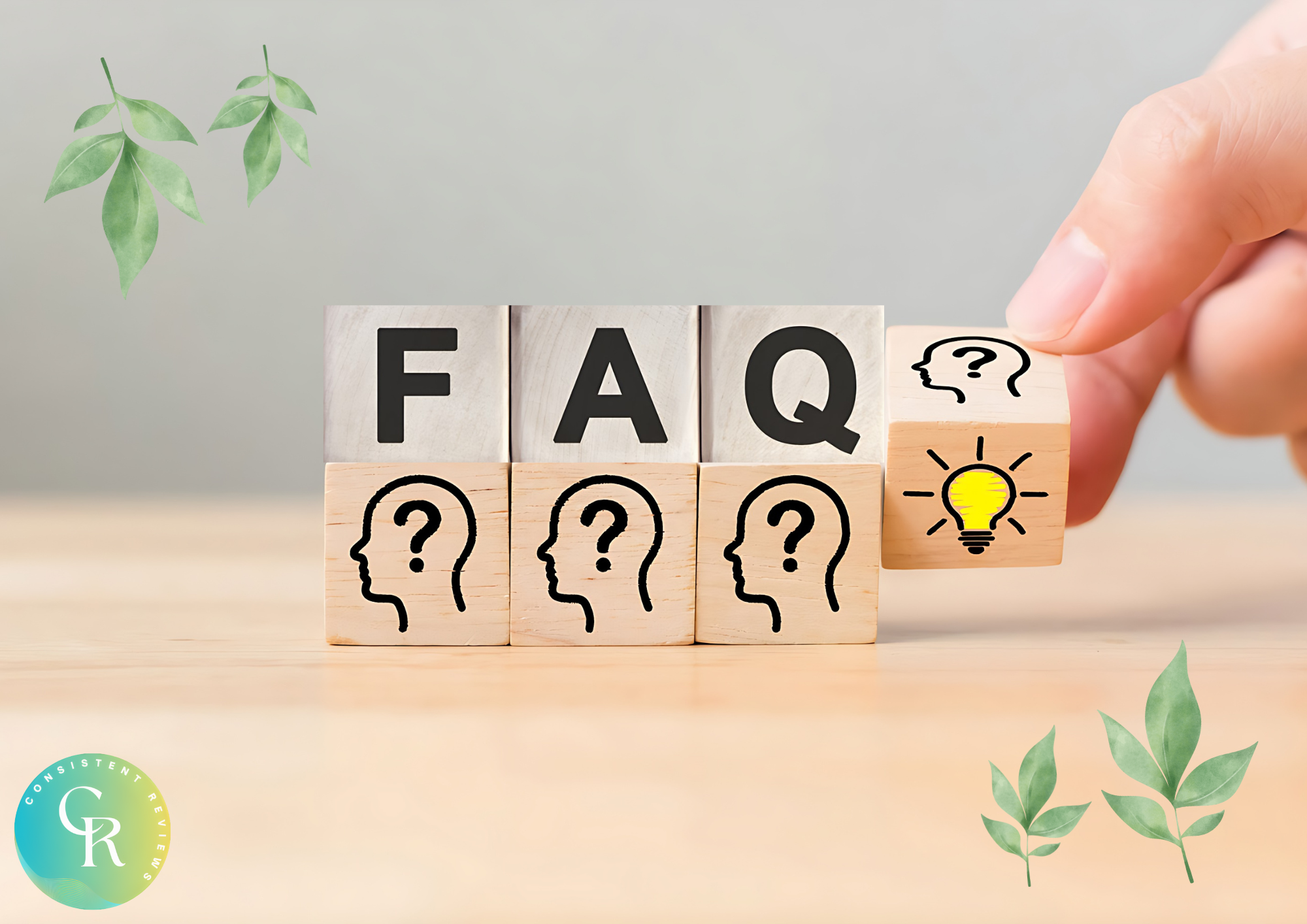
Can I take allergy medicine every day?
Yes, most nonsedating antihistamines and long-acting nasal steroid sprays are designed for daily use. However, always follow the guidance on the label or from your doctor, especially for long-term treatment.
How can I tell if my allergy medicine is working?
You should notice a reduction in symptoms like sneezing, nasal congestion, itchy eyes, and throat irritation. If your symptoms do not improve, consult with your doctor for further advice.
Are there natural remedies for allergies?
Some people find relief with natural remedies like saline nasal rinses, honey, or herbal supplements. However, it's important to discuss these options with your doctor, as they may not be as effective or suitable for everyone.

Allergy medications are a lifeline for those suffering from allergic reactions. The time it takes for allergy medicine to work can vary, with oral antihistamines often providing quick relief and nasal sprays or allergy shots requiring a longer period to be effective. By understanding the different types of allergy meds and their onset of action, you can better manage your symptoms and enjoy a more comfortable allergy season.



